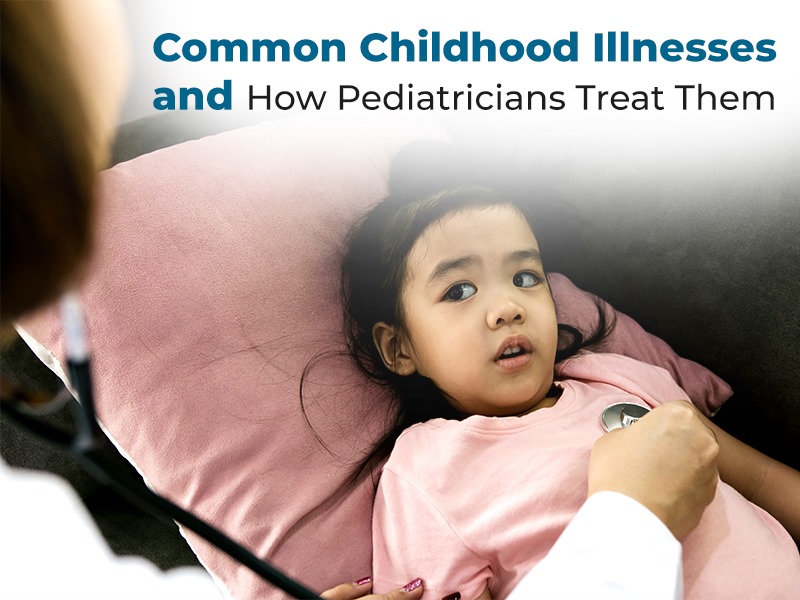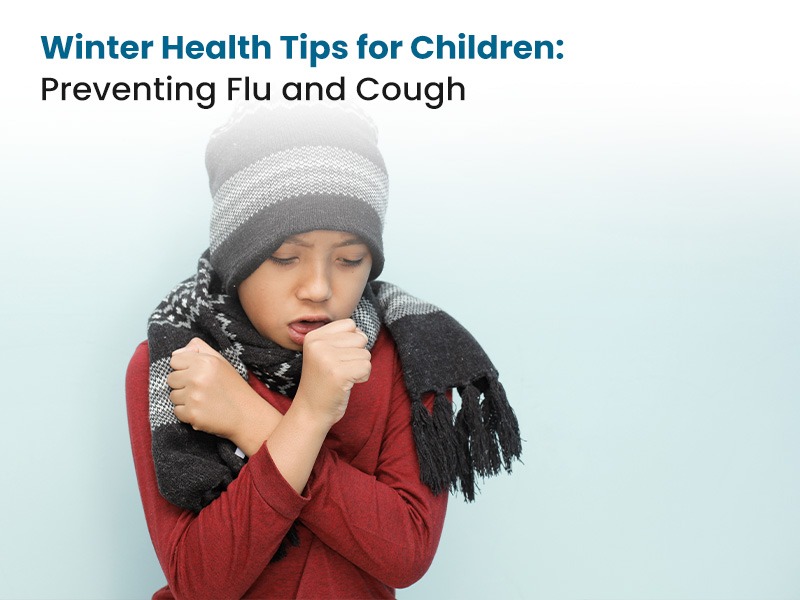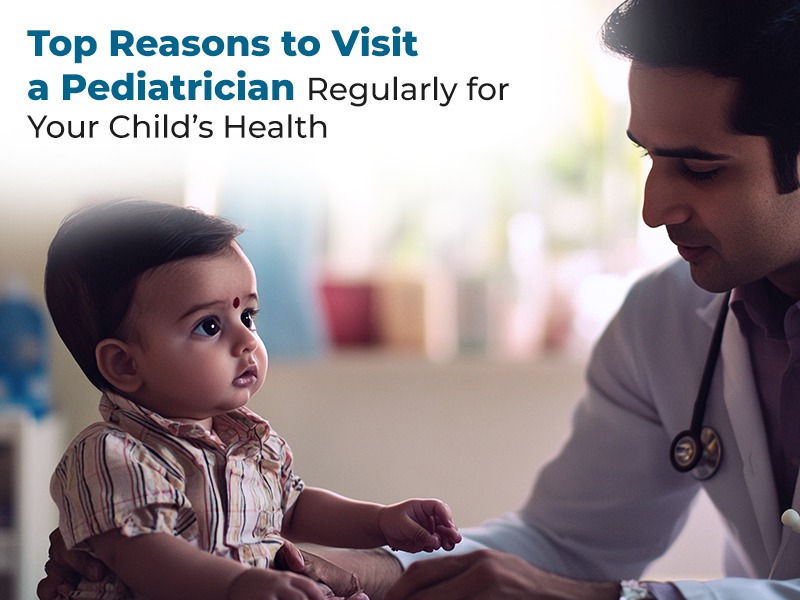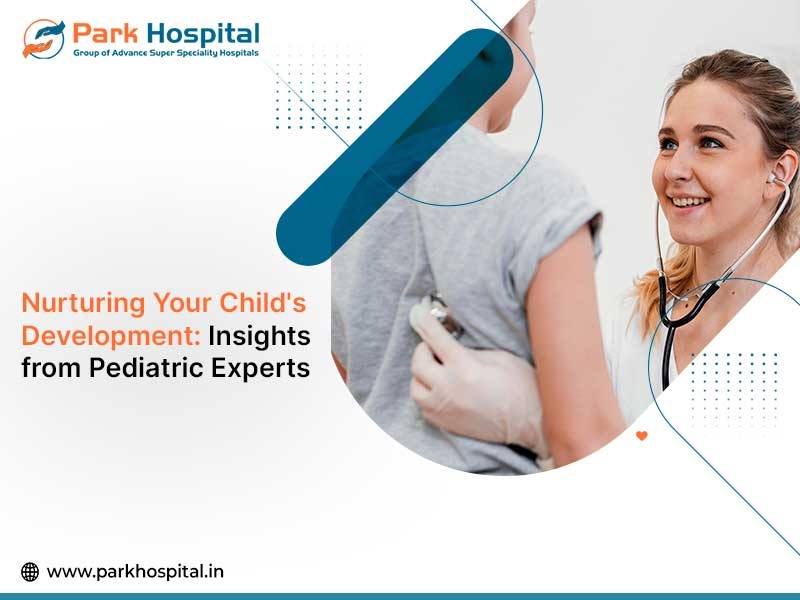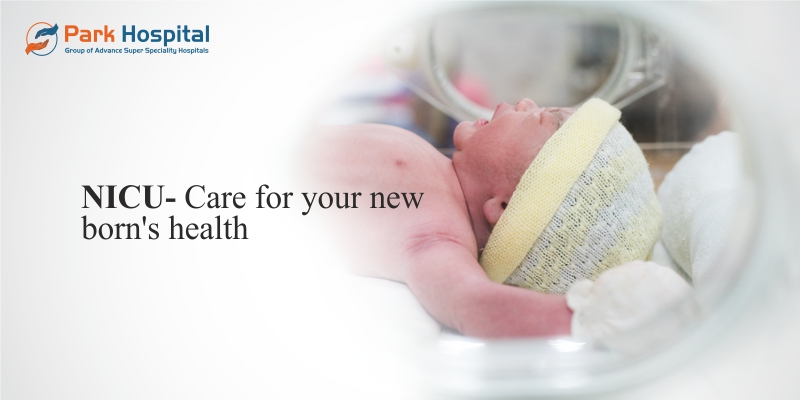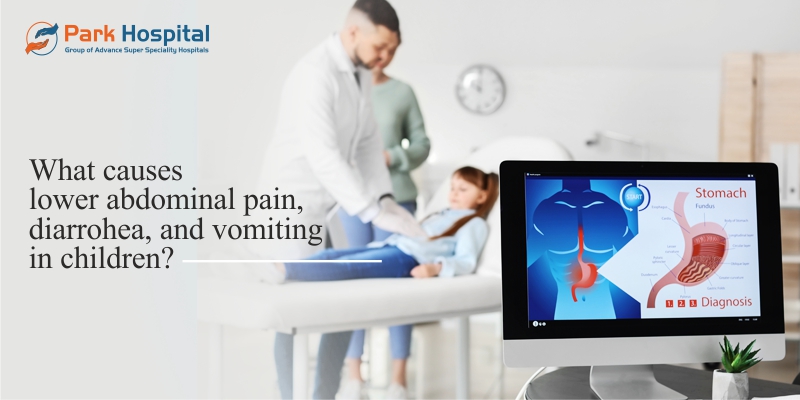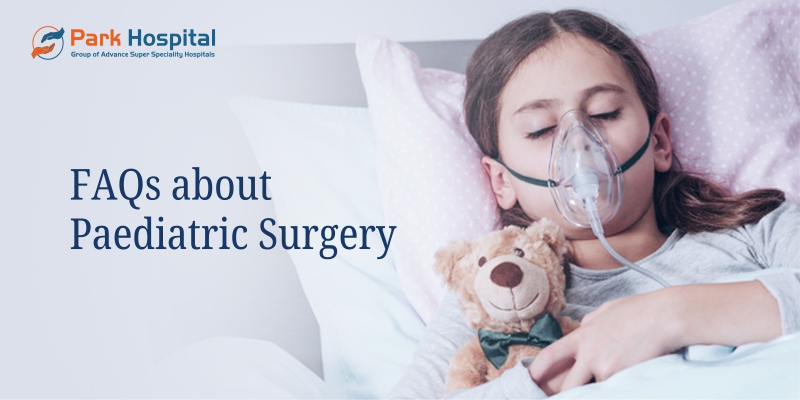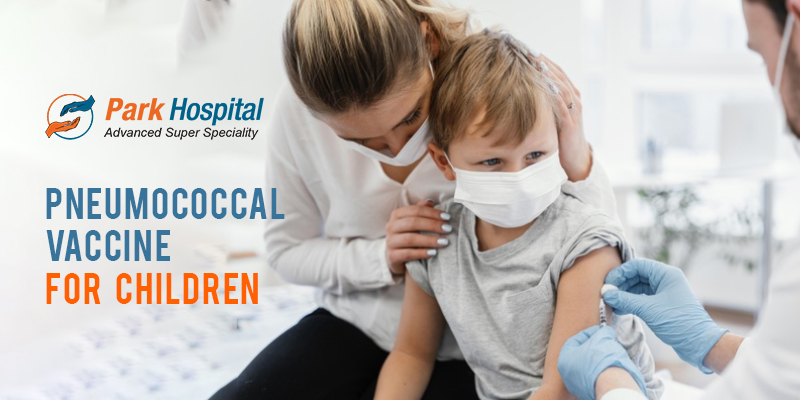Childhood is a time of playing and enjoying all day long because of high energy and curiosity to discover new things. But it also may come with moments of stress and tension for you, as a parent, when you see your child getting sick, be it a runny nose, persistent cough, or a more severe infection. However, the best pediatric surgeon in Delhi at Park Hospital states that all these are an unpreventable part of growing up.
Knowing the most common infections and how a paediatrician acts on them can help to reduce the tension for you. Let's understand them one by one.
Common Cold
It is a viral infection that affects the upper respiratory tract of a child, including the nose and the throat. The symptoms include a runny or stuffy nose, sore throat, coughing, sneezing, headaches, and sometimes mild fever.
Treatment: Antibiotics won’t work here since a virus causes the common cold. The paediatricians at a child hospital in Delhi and around recommend rest, plenty of fluids, and over-the-counter medications, such as acetaminophen or ibuprofen, to relieve symptoms. They also advise against the use of cough and cold medicines for children under six years of age, as these can have negative effects.
Ear Infections
As far as ear infections are concerned, middle ear infections (otitis media) are the most common ones in children. They occur when fluid builds up in the middle ear and becomes infected by bacteria or viruses. If your child is complaining about ear pain, difficulty hearing, irritability, and fever, there is a high chance that your child is having an ear infection.
Treatment: The treatment depends on the cause of the ear infection. If it is because of some bacteria, antibiotics can be prescribed. For viral ear infections, the treatment is usually symptomatic—pain relievers such as acetaminophen or ibuprofen are recommended. In cases of chronic ear infections, some children may require surgical insertion of ear tubes to prevent recurrent infections.
Stomach Flu (Gastroenteritis)
Stomach flu is a health problem caused by a viral infection, usually rotavirus or norovirus. Here, the stomach and intestines are inflamed. The symptoms of the same include vomiting, diarrhoea, abdominal cramps, and fever.
Treatment: The main goal in treating gastroenteritis is to prevent dehydration. The medical experts at a child hospital in Delhi advise giving children plenty of fluids, including oral rehydration solutions. In some cases, intravenous fluids may be necessary if dehydration is severe. Most viral cases resolve on their own, but bacterial causes of gastroenteritis may require antibiotics.
Chickenpox (Varicella)
It is a highly infectious issue caused by a viral infection called varicella-zoster. If a child gets it, he may experience an itchy rash of red spots and blisters, fever, and fatigue. Over time, the number of cases has decreased owing to the varicella vaccine. However, many children do get it in case they are unvaccinated.
Treatment: Pediatricians often recommend symptomatic treatment, which includes antihistamines to reduce itching, acetaminophen for fever, and topical ointments to soothe the rash. Antiviral medications like acyclovir may be prescribed for children at risk of complications, such as those with weakened immune systems.
Hand, Foot, and Mouth Disease (HFMD)
This viral illness usually affects young children under five years old. It is caused by coxsackievirus and is characterized by a rash on the hands and feet, as well as painful sores in the mouth. Children may also have a fever and sore throat.
Treatment: There is no such treatment for this illness; however, the best pediatric surgeon in Delhi focuses on relieving the symptoms. Parents are advised to keep their children hydrated and use soothing rinses for the mouth to ease discomfort.
Strep Throat
This is mostly caused by children aged 5-15. If a child is affected by strep throat, he would be experiencing sore throat, fever, difficulty swallowing, and swollen lymph nodes.
Treatment: Pediatricians typically diagnose strep throat through a rapid strep test or throat culture. If positive, antibiotics are prescribed, usually penicillin or amoxicillin, to reduce symptoms, prevent complications, and limit the spread of the infection. Children need to complete the entire course of antibiotics, even if they feel better.
Conclusion
In conclusion, while childhood illnesses are common, they can be effectively managed with timely care. Paediatricians play a key role in diagnosing and treating these ailments, helping children recover quickly and preventing complications.
At Park Hospital, our skilled paediatricians provide compassionate care for a wide range of childhood conditions. With advanced facilities and a child-friendly environment, we ensure your little one receives the best possible treatment so they can return to their healthy, active lives in no time.

